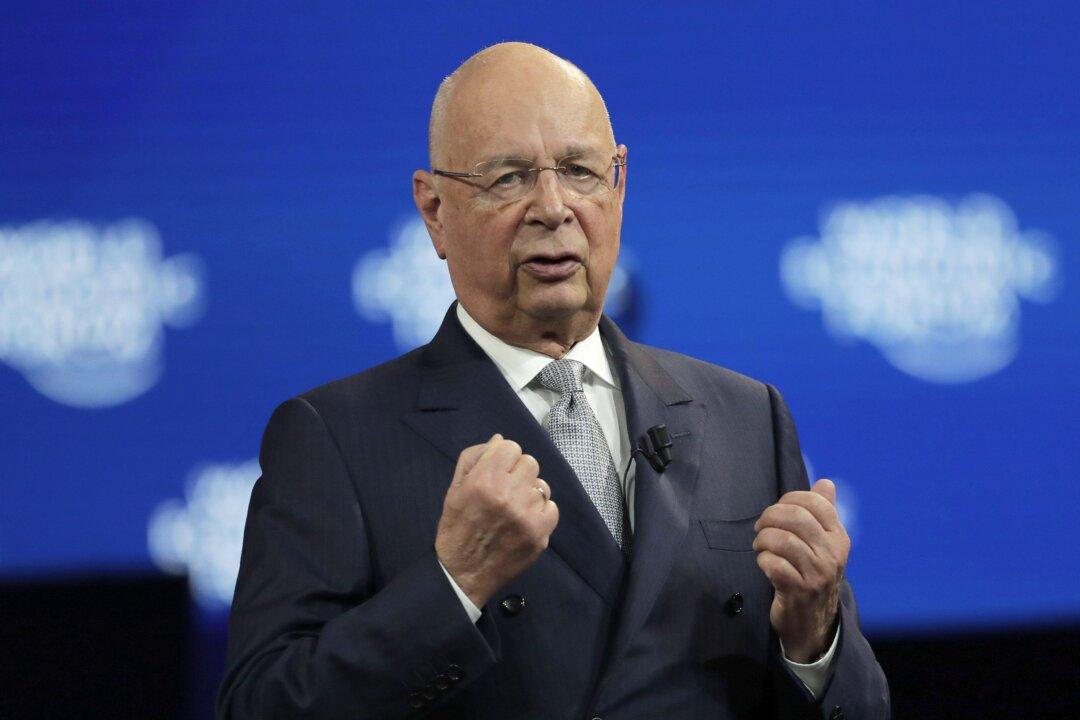The results are in of a poll initiated by Elon Musk, who asked Twitter users to vote on whether they think the global elite gathering World Economic Forum (WEF) should “control the world.”
Musk ran the poll as the WEF’s annual meeting in Davos, Switzerland—which features a host of international leaders, central bankers, Wall Street executives, and celebrities—kicked off earlier this week.





